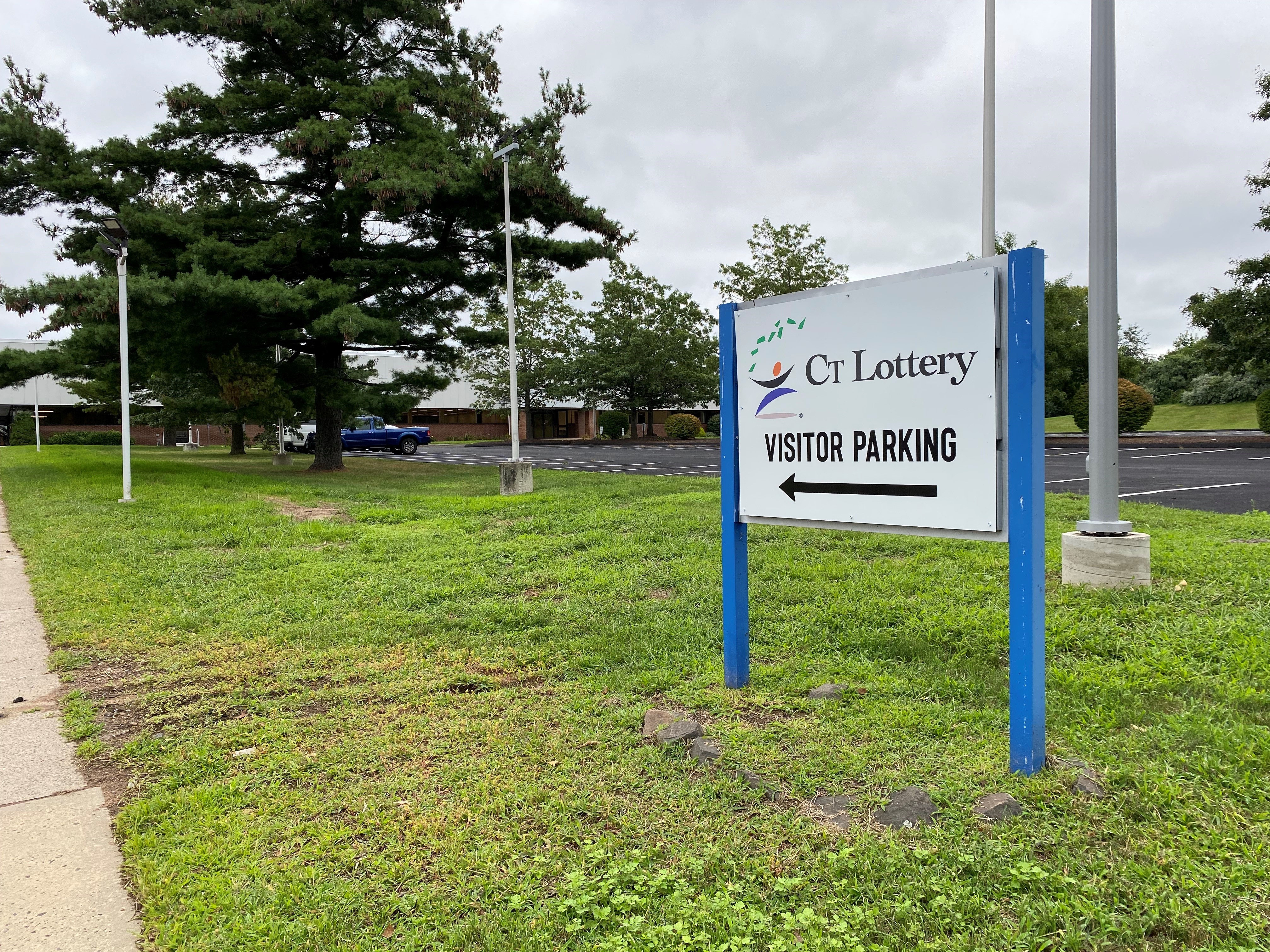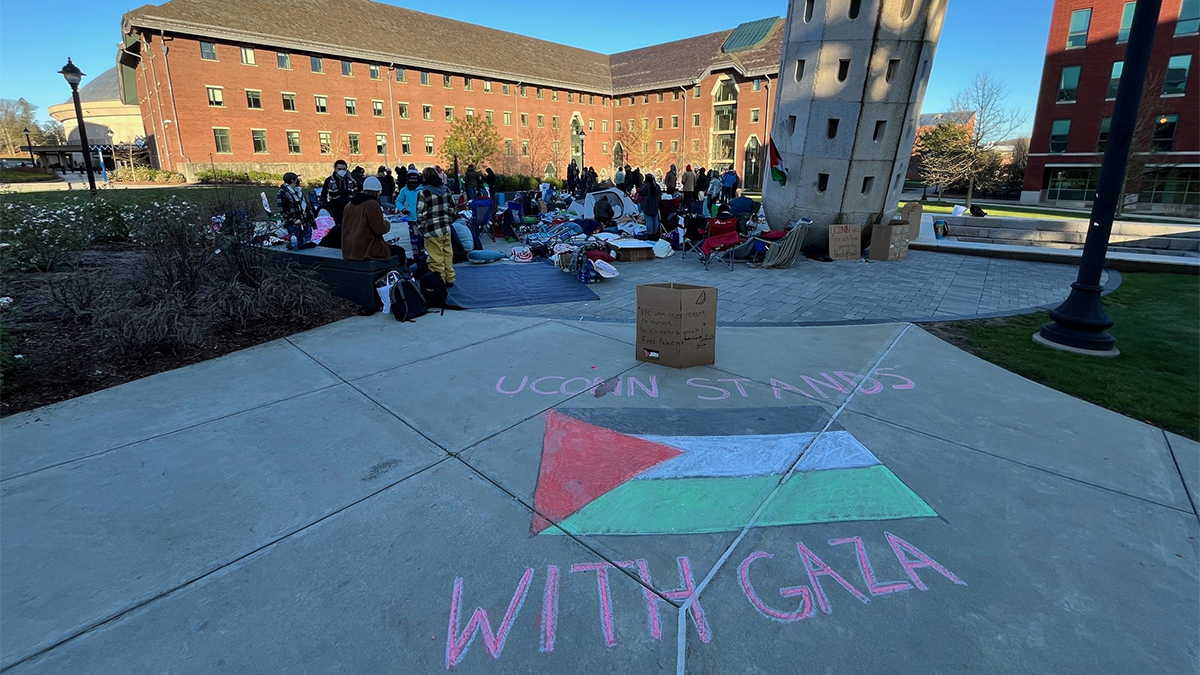Vaccines, face masks, the delta variant, and reopening our schools - these are just some of the topics that have been on our minds as we continue to live through the Covid-19 pandemic. NBC Connecticut's Dan Corcoran sat down with Dr. Scott Gottlieb to ask some of our biggest questions.
Gottlieb served as the commissioner of the Food and Drug Administration from 2017 to 2019. He's a medical doctor and sits on the board of Pfizer. Two weeks ago he released a book on the pandemic. On top of all that, he's a Connecticut resident, so he has an understanding of what's going on where we live.
This interview covered a range of topics. Responses below have been edited for clarity and length. To see more of Gottlieb's thoughts on how we can prepare for any future pandemics, click here.
On Vaccines and Children
Get Connecticut local news, weather forecasts and entertainment stories to your inbox. Sign up for NBC Connecticut newsletters.
Dan: "When you think about vaccinations and children, especially that younger group, do you see that as some kind of a turning point for us in this pandemic, to have those younger kids vaccinated?"
Gottlieb: "Kids are at risk. I mean, that, you know, there's a presumption that kids are at less risk and adults, that's certainly true, we see the worst outcomes in older individuals, but kids are still at risk from this virus, not just from very bad outcomes, hospitalizations, even deaths, but we're seeing kids have long term consequences of Covid. So you want to make sure that children are protected as well."
Gottlieb: "I think it's going to give a lot of people, a lot of adults more confidence, to go back to work back into offices, to resume a sense of normalcy. So I do think it's going to be an important turning point for a lot of people."
Local
On Coronavirus in Connecticut Schools
Dan: "This school year so far, how are Connecticut schools doing?"
Gottlieb: "I think better than a lot a lot of states."
Gottlieb: "I think the one thing that schools more schools can be doing is testing routine testing of the entire school age population asymptomatic testing. And there's a presumption that if you test a lot, you're going to turn over a lot of cases, obligate a lot of kids to quarantine, it's actually the opposite. If you test a lot, you can test to stay if you sort of Google tests to stay a lot of states, North Dakota, Utah, are using testing to actually keep kids in the classroom. So if they have a positive case, rather than putting the whole class in quarantine, they'll test the kids around that positive case, and then do serial testing over the course of a week to make sure that they don't have onwards spread.
On Booster Shots & Covid-19 Vaccines
Dan: "Does every person who received a vaccination need a booster shot? Do we know that yet?"
Gottlieb: "We don't know that yet. And certainly, not everyone needs a booster shot right now. You know, the CDC recommendation is that anyone over the age of 65, Anyone who lives in long-term care facility should get a booster shot. I think that makes eminent sense.
Gottlieb: "It's going to be based on your individual circumstance, are you at heightened risk of getting Covid because of occupational exposure, are you at heightened risk of Covid, because you have a pre-existing health condition. So people are going to need to make an individual choice around whether or not they think they can benefit from booster shots based on their own risk factors.”
Dan: "What's your message to people like that who are still not getting vaccinated at this point in the pandemic and we're talking about not just state workers, but healthcare workers or anybody?
Gottlieb: "Different people have different reasons why they're choosing to go and vaccinate at this point and defying mandates. In some cases. The most common argument I hear is the presumption that it's sort of a new vaccine and the development process was very quick. You know, what I say is that this was a very long development process, actually, I mean, it felt quick in terms of the time but the clinical trials we did to actually evaluate these vaccines were the largest clinical trials conducted in modern times.
Gottlieb: "So the presumption that this is somehow still experimental and still novel, and we don't have a lot of long-term data we actually do."
On How the Country Approached the Pandemic
Dan: "The idea of a state-by-state patchwork approach, different states doing different things. Our governor here in Connecticut has made mention of the state of Florida, often saying that Connecticut is not Florida. So what is the impact of that this patchwork of response to this? And how did Connecticut do?"
Gottlieb: "Look, I think the fact that we didn't have a more coordinated national approach to what we did set us back, this, this has been, we've had sort of state-based policies that have produced regional effects all across the country, all through the pandemic. And the reality is, if we have a flare in one part of the country, it's going to eventually migrate to other parts of the country. So you know, we didn't have a consistent approach. And so certain parts of the country that didn't weren't as vigilant ended up seeing infection."
Gottlieb: "You know, we've done better than a lot of states, because I think we focused on some basic elements of disease control and pandemic control that have worked."
On the delta variant and hope for the end of the pandemic
Dan: "Do you see signs to the Delta variant, that surge is coming to an end? And if so, when would that happen?"
Gottlieb: "Yeah, it's certainly coming to an end in the South. You know, this epidemic across the US all the way through for the last year and a half has been highly regionalized.
Gottlieb: "We have much higher rates of vaccination, much more immunity in our population. But I still think that we're at risk for a surge of infection as we get later into the fall, probably by Thanksgiving, most of the country will have gotten through the delta wave, you know, this is going to play out over the next six to eight weeks."
Dan: "Is the worst of this pandemic now behind us? Is this almost over now?"
Gottlieb: "Barring something unexpected barring us getting a new variant, that that pierces the immunity that we've acquired, I think this delta wave of infections, the last major surge of infection that we're going to have, and this is going to become a more persistent menace is going to become a more endemic virus, but we're not going to be dealing with the very high prevalence of infection we're dealing with now. So we need to get through this, this delta wave."



